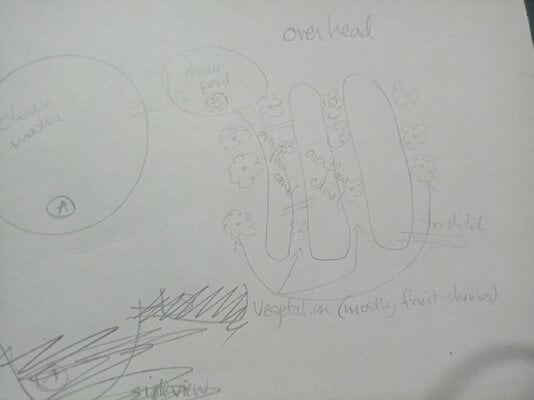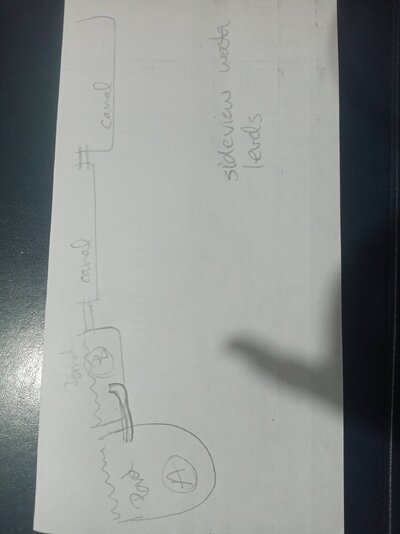Mother-Hen-Michele
Crowing
Thanks for the videos, interesting. He is working harder than necessary and using more steps. I worry about bateria because he is removing solids and his water 'looks' clean but isn't.
He isn't removing the toxins, just solids and is returning dirty water to the ducks. I worry they will share infections & microbes & parasites.
He isn't removing the toxins, just solids and is returning dirty water to the ducks. I worry they will share infections & microbes & parasites.



